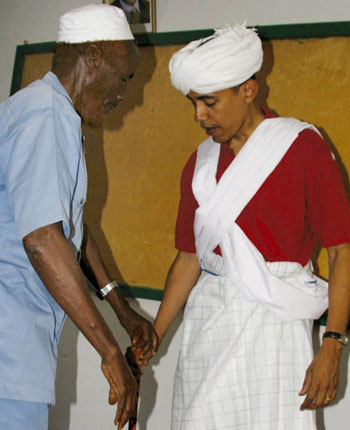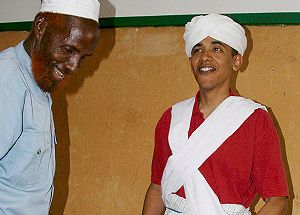Zungu Pule
JF-Expert Member
- Mar 7, 2008
- 2,218
- 1,215
Bora wawe hawajamuingilia kinyume.......nasikia hawa maharamia mateka wao wanaingilia kinyume.....
Na wanaposema "The navy felt the Captain life was in imminent danger", wanamaanisha mambo kama haya, ambayo huwezi kuyasikia kwenye media. I mean you will never learn about what exactly happened through the media.

